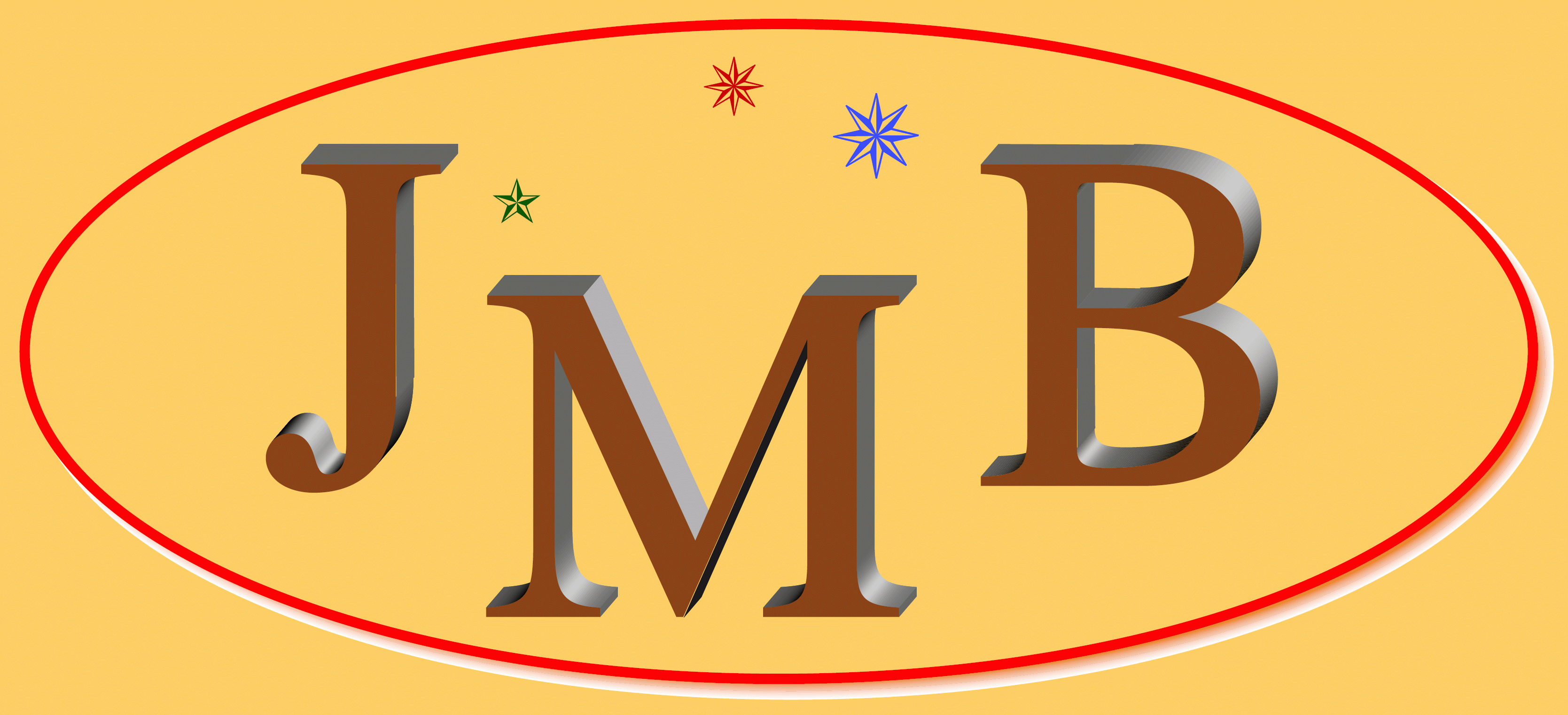

| [🛈Start+] | [🥋Trad. Taekwon-Do+] | [🧮Mathematics] | [📙Research & Education+] | [🐧GNU/Linux+] |
| [🔑Disclaimer+] | [🛀Autogenic Training+] | [💡Physics] | [⚙️Technics+] | [💾Progs: C+++] |
| Language: 🇬🇧🇩🇪[de] | [♟️Chess] | [🔭Astronomy] | [📜LATEX] | [🕹️Games+] |
 |  |
| [🕹️Games] | [🪤Games: Solving Problems] | [🍷Wine Info] |
| First version: | 15th | May | 2021 |
| Last update: | 20th | February | 2026 |